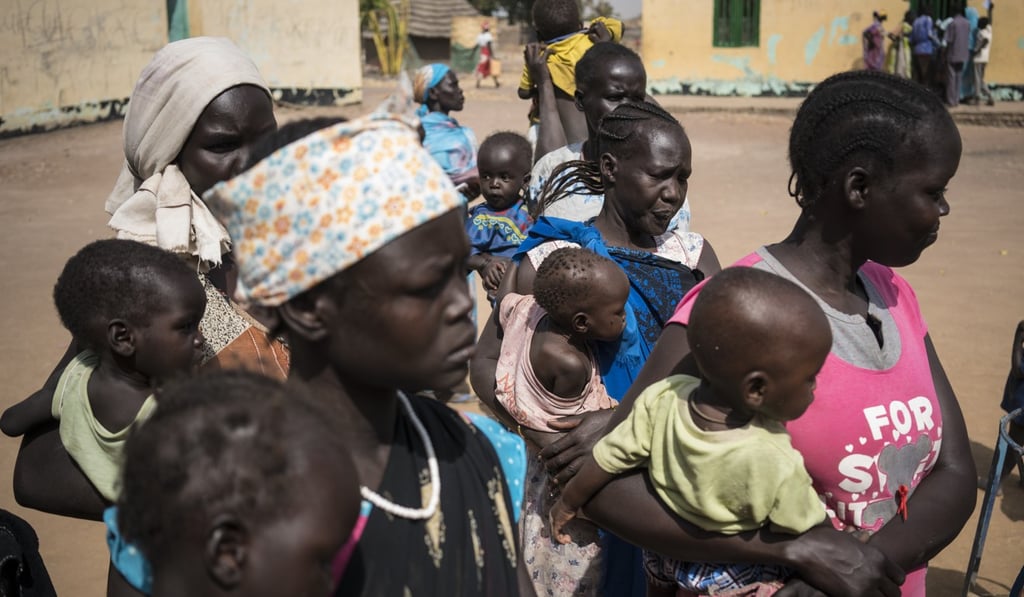China must lead in helping Africa take real action on environmental challenges
Mathias Agbo Jnr says given the diverse development standards and environmental needs of African nations, their leaders require help to move beyond climate ‘jamborees’ and ensure foreign polluters clean up their act

Most Africans are ignorant about the so-called environmental ‘din’
In spite of Africa’s constant presence at global environmental summits, and the raft of environmental treaties and conventions it has signed since the Kyoto Protocol, most countries on the continent have failed to achieve significant progress in tackling environmental challenges. Most Africans are ignorant about the so-called environmental “din”, as their governments have reduced this very important matter to mere slogan-chanting, talk shops, and tree-planting rituals.
Sadly, this is the hallmark of Africa’s overall environmental policy direction. The reality is that a significant section of Africa’s poor are not yet interested in “far-fetched” issues like clean energy and reducing carbon footprints, because these do very little to ameliorate the difficult conditions they live in.
They are more concerned with attaining basic acceptable living conditions befitting human dignity.

The current practice of drafting lengthy charters and conventions and bringing them before African diplomats and bureaucrats for ratification is unproductive; these are in themselves worthless. There is only a declaration of intent, which can never take the place of “real” action. Most African officials know in their hearts that most of these goals are unachievable and signing or not signing them won’t make any difference. Ultimately, these summits are like jamborees, where African officials jet around the world, endure long speeches, collect their allowances, go shopping and return more confused than when they left. Regrettably, those at the receiving end are the very people these environment summits are supposed to protect – the average citizen.
